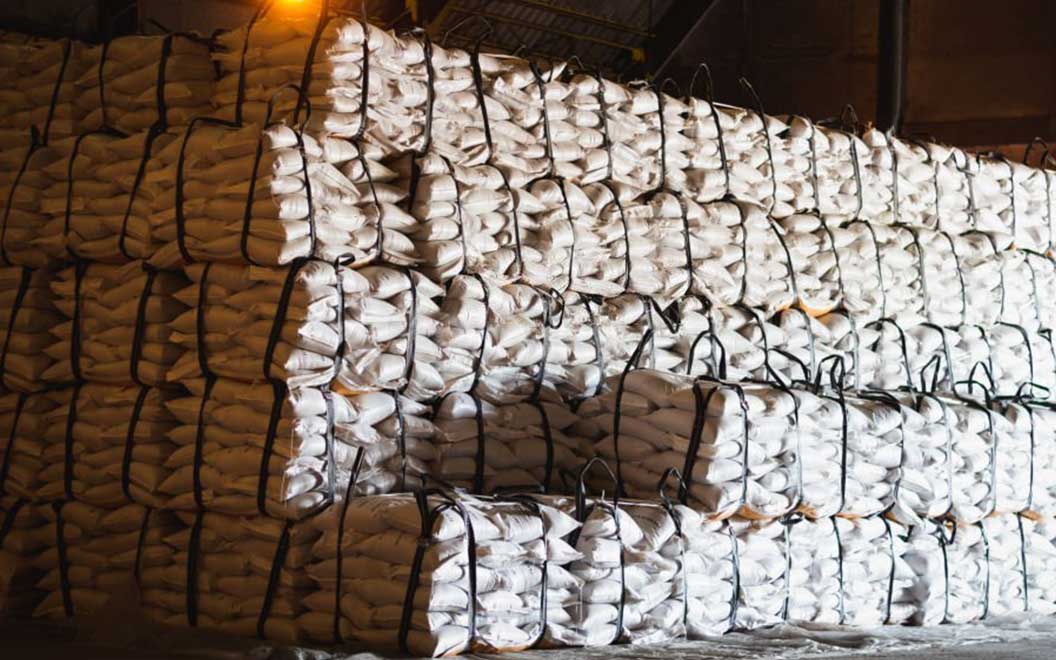Cassava- Manihot esculenta is a root crop that originated in South America and crossed the Atlantic shortly after the slave trade began in the sixteenth century. However, it took centuries for the crop to achieve its present prominence as a staple meal in Nigeria. With an annual production of approximately 34 million tons of tuberous roots covering 20% of the worlds output, Nigeria is presently the world’s greatest cassava grower. Nigeria exports about 3.2 million tons annually and earned a record of $136 million in 2013.
Nigeria surpassed Brazil as the leading cassava producer as a result of a shift in focus from grains to cassava production. It is currently Nigeria’s most abundant and valuable crop. The majority of cassava is grown in Nigeria’s southern and central regions. In 2012, Cross River, Nigeria’s south westernmost state, produced the most, at 5 million tons.
The Presidential Cassava Initiative, which operated from 2002 to 2007, was a significant contributor in the rise in yield. The initiative’s broad goals were to expand the quantity of land allocated to cassava cultivation, improve exports of processed cassava products, and encourage more land to be dedicated to cassava production.
Cassava has several good qualities that makes it appealing as a food crop, particularly to smallholder farmers in Nigeria. First, it is high in carbs, particularly starch, and so has a wide range of applications. Second, it is accessible all year, making it a better choice for food security than other, more seasonal crops like cereals, peas, and beans. Also, Cassava is more tolerant of poor soil fertility and resistant to drought, pests, and diseases than wheat. Lastly, its roots may also be stored in the ground for months after they have matured.
In 2011, the government established the Cassava Transformation Agenda in an attempt to boost the cassava processing sector. The program aims to boost cassava flour consumption while lowering wheat imports, which cost the government $1.5 billion each year inputs. About 70 percent of Nigeria’s cassava is turned into garri—a granular flour that is used mainly to make porridges and fufu (a type of mash). When left unprocessed, cassava perish very quickly, often spoiling within 48 hours. As a result, Nigeria’s cassava post-harvest losses are significant. They are estimated to be worth more than $600 million, according to the Deutsche Gesellschaft für Internationale Zusammenarbeit (GIZ). There is therefore the need to add more value to the raw cassava through processing for purposes of preservation, and to command high prices which will ultimately affect the profit margin positively.


Comments are closed.